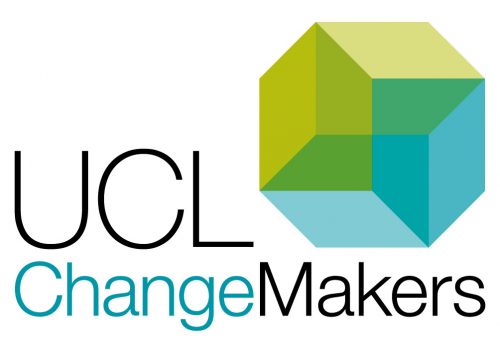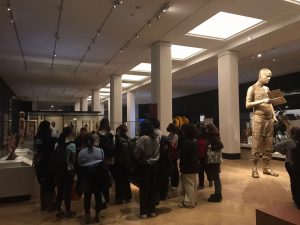THE TEAM
Staff lead: Tom Olney
Academic lead: Dr Ben Caplin
Student leads: Sharma Ganesananthan, Praoparn Asanitthong, Max Rees
DEPARTMENT
UCL Medical School
WHAT HAPPENED?
We have created a revision tool for renal medicine, part of the 4th year of the MBBS, helping to cover a range of learning objectives through a story built in Articulate Rise. The story is set in Costa Rica where there are a high number of cases of CKDu (chronic kidney disease of unknown etiology) and follows a young farm worked called Carlos over a period of time. You take the role of a medical student on elective and have to answer various questions and quizzes to help test knowledge and keep it interactive. I had the idea for using CKDu, but the students and Dr Caplin put together the outline of a story and the students all worked together on creating the content, while I focused on ensuring consistency and interactivity, and Dr Caplin ensured it was academically correct. Feedback from a small focus group before release enjoyed going through it, found it more interesting than traditional methods, and felt it was a useful revision tool.
WHAT ADVICE OR ENCOURAGEMENT WOULD YOU GIVE TO SOMEONE THINKING OF DOING A CHANGEMAKERS PROJECT?
It’s a great opportunity to do something a bit different and have students and academics work together to create something that both meets academic standards, but also is interesting and will be used by students. The main advice I have is to try and complete it in a shorter period of time near the start of a term where students feel they have a bit more time, do this by having a clear plan of work to complete and deadlines. I did not do this and the project has stalled at various points as the students haven’t had time to work on it.

